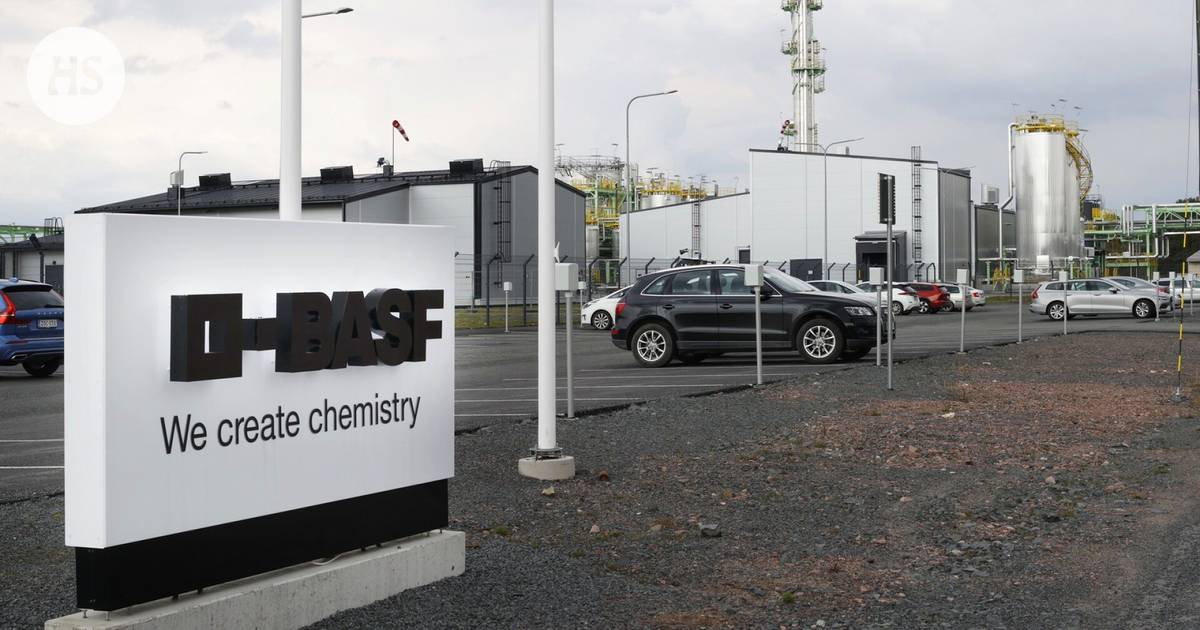Battery industry|The Administrative Court rejected the majority of environmental organizations’ appeals. However, before starting operations, the company must ensure that the wastewater is treated in an adequate manner.
Administrative Court resolved with the decision given on Friday, the complaints made by two water protection organizations about the battery material factory in Harjavalta.
The Regional Administrative Agency of Southern Finland (avi) granted the BASF Battery Materials Finland factory an environmental permit and a permit to start operations last September. The permit concerns the manufacture of battery chemicals in Harjavalla and the discharge of waste and cooling water generated in the operation to Kokemäenjoki.
The organization For the Pure Sea and the Organization for Water Nature complained about the environmental permit decision received by the factory. In their complaint, the organizations demand that the condition for starting the operation according to the application must be the use of a sodium sulfate crystallization plant.
The complaint demanded that the decision should not allow the so-called intermediate stage, i.e. the delivery of wastewater to another company without a separate environmental permit.
Organizations by the sulfate content of untreated wastewater from the battery material factory is acutely toxic to brackish water fish and benthic animals.
The company according to the application, the waste water generated in the factory’s production would be delivered to an external plant for processing at the start of operations, until the factory’s own sodium sulfate crystallization plant was built. The company estimates that this phase will last approximately two years.
However, according to the administrative court, the application did not provide detailed information about the treatment of wastewater at another company’s wastewater treatment plant or an explanation of the suitability of the wastewater for this wastewater treatment plant.
As a result of the appeal, the administrative court revoked two permit orders, which concerned the treatment of the factory’s wastewater at another plant before the crystallization plant belonging to the battery material factory was put into operation.
The administrative court considered that it is not possible to start the operation of the factory before the commissioning of the crystallization plant, as there is no certainty about the recipient of the waste water generated in the operation and the method of treatment of the initial stage of waste water.
From others partly the appeal was rejected. The administrative court considered that the emissions caused by the factory’s operation into surface and groundwater, as well as their prevention and reduction, had been adequately and reliably investigated.
The administrative court’s decision means that the operation of the battery material factory can be started in compliance with the permit decision, with the exception of permit regulations revoked by the administrative court.
The product of the battery material factory is the precursor of cathode active material. It is used to make cathode active material, which is the main raw material for electric car batteries. The permit applies to the production of approximately 30,000 tons per year.
The factory is supposed to lead purified waste water and cooling water to the Kokemäenjoki.
